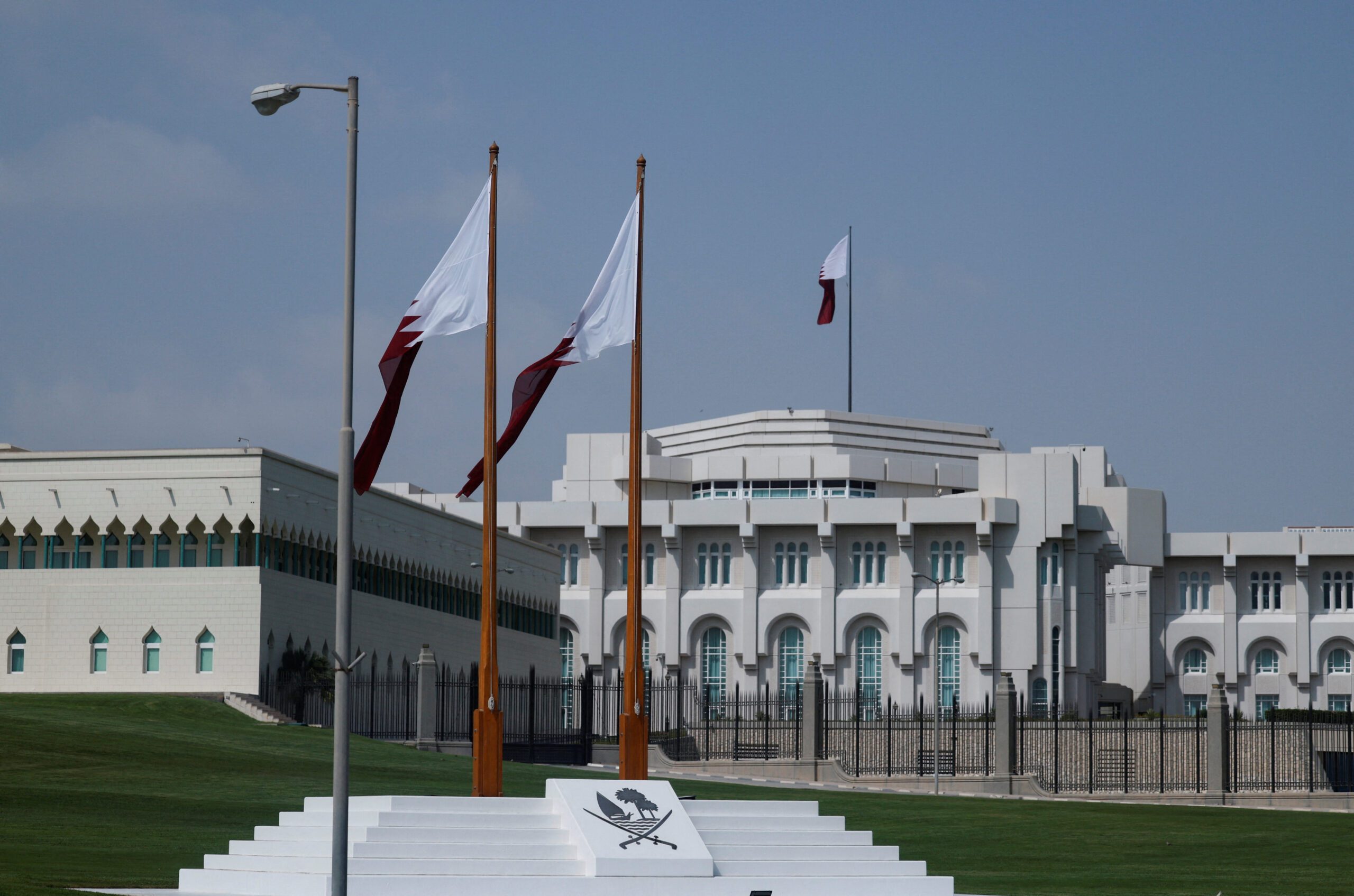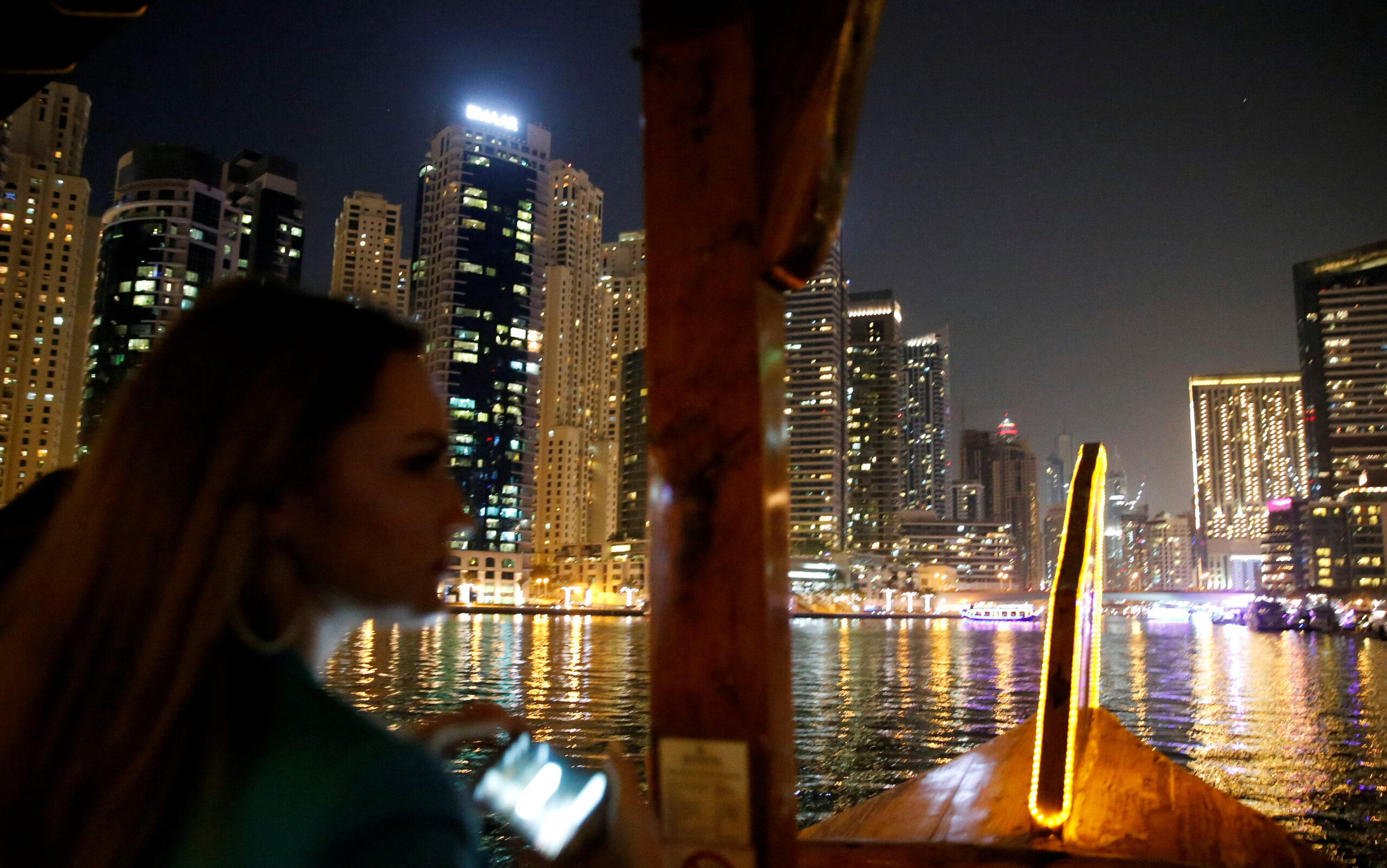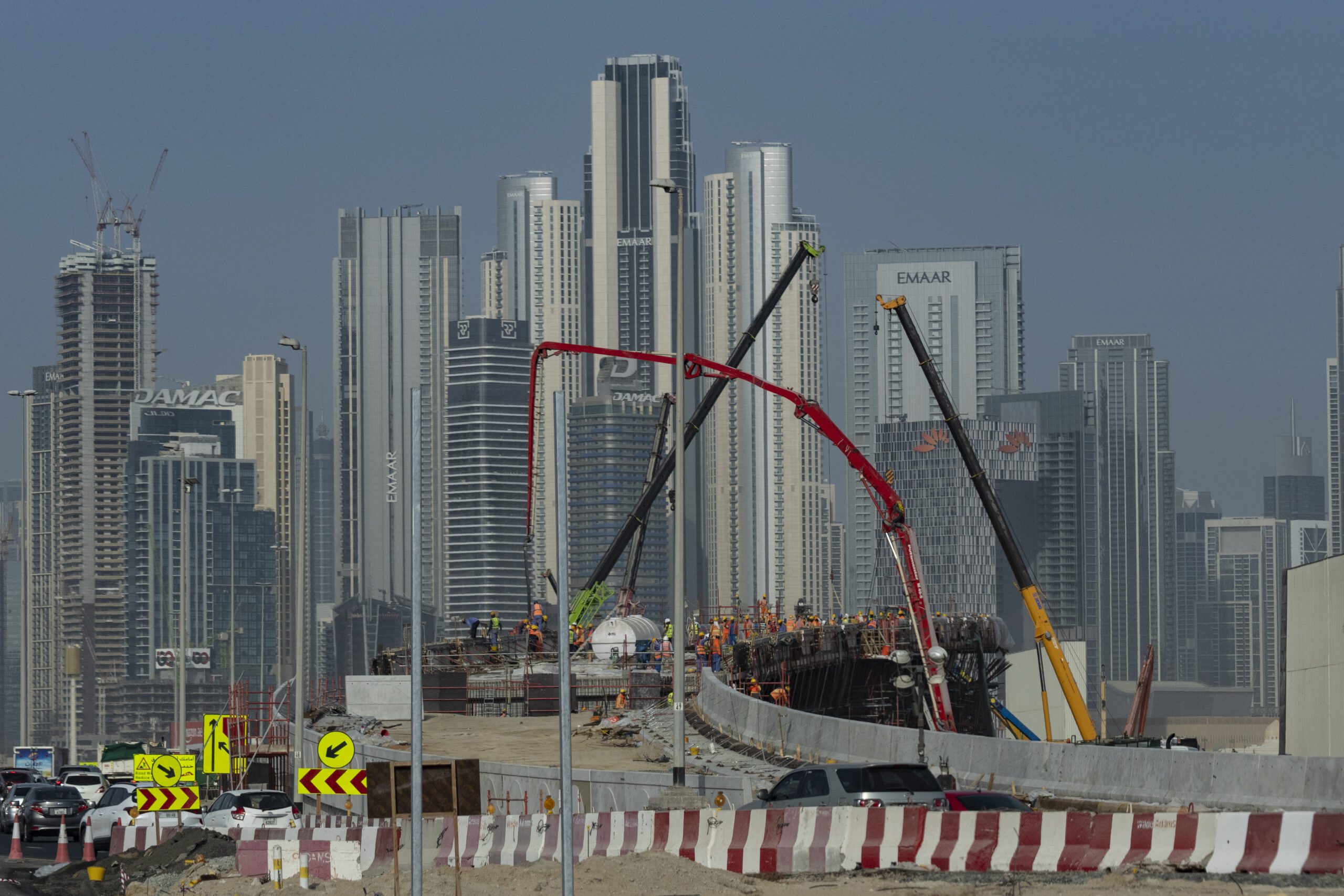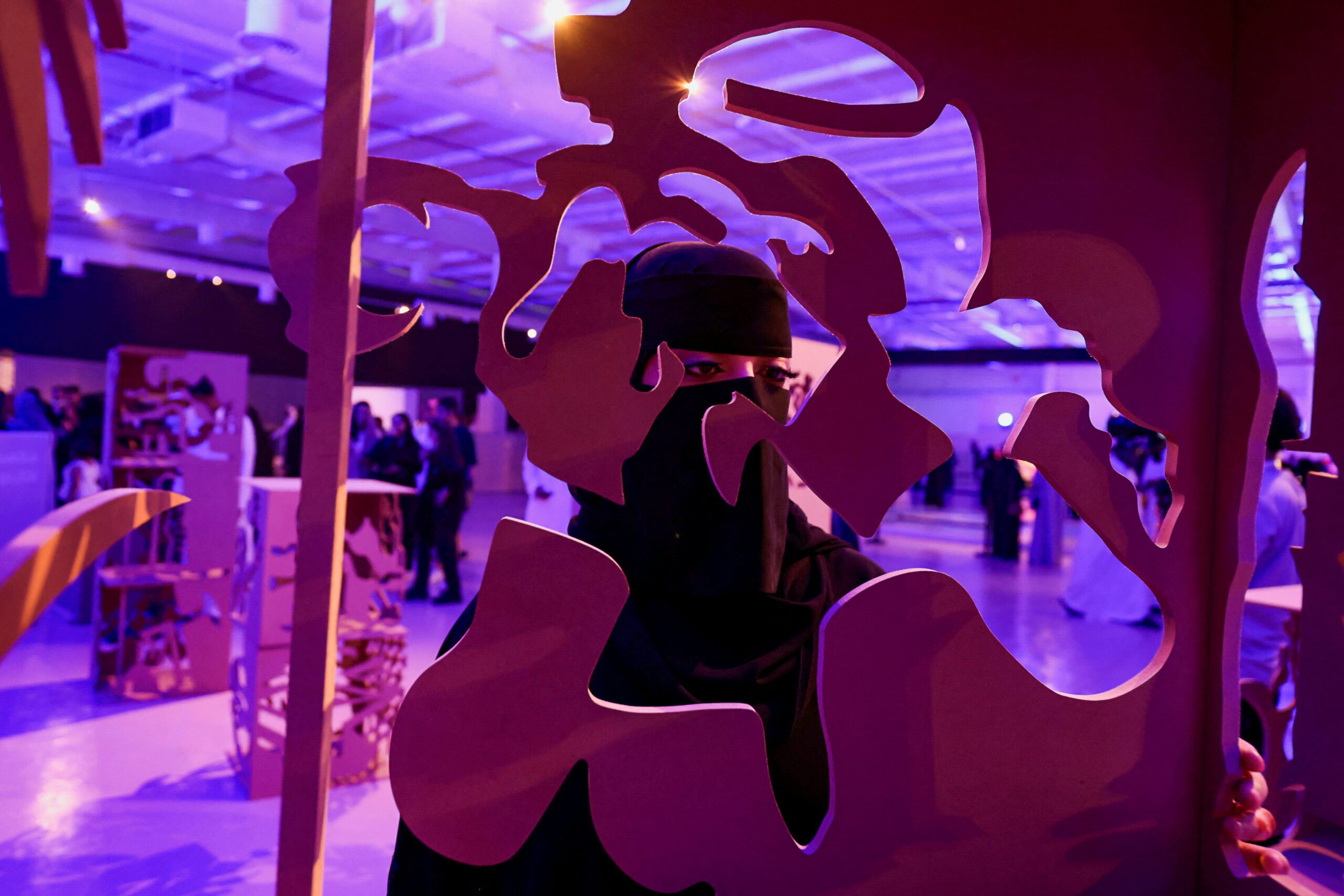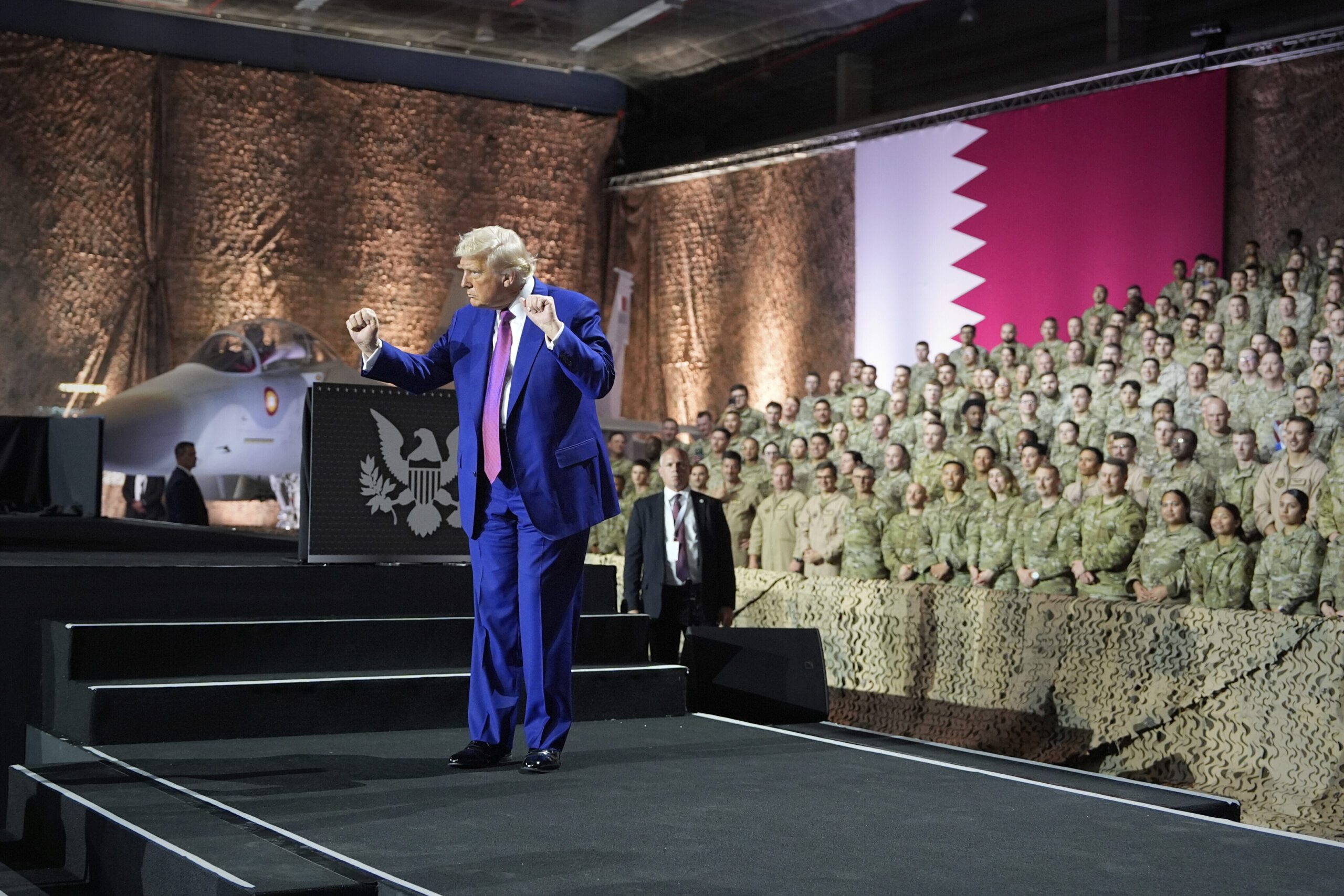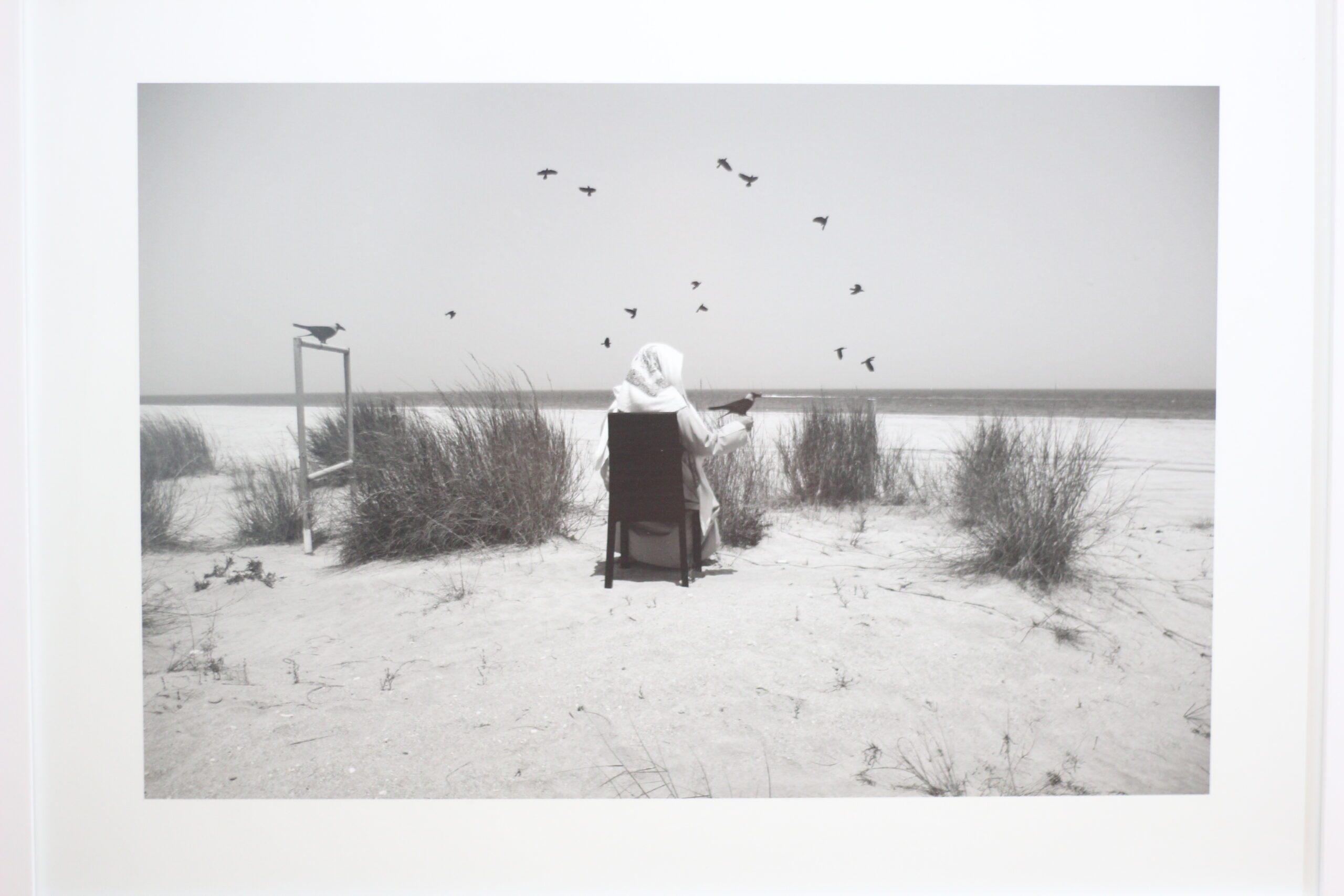Apr 20, 2016
Bahrain Faces Austerity, Without Protest
As the Gulf states enter a new era of lower oil prices, Bahrain faces the most difficult test. It has the highest fiscal break-even price in the Gulf and unlike its wealthier neighbors, lacks the reserves to cover budget deficits for very long. Borrowing in the credit market likewise has become more difficult and expensive:...
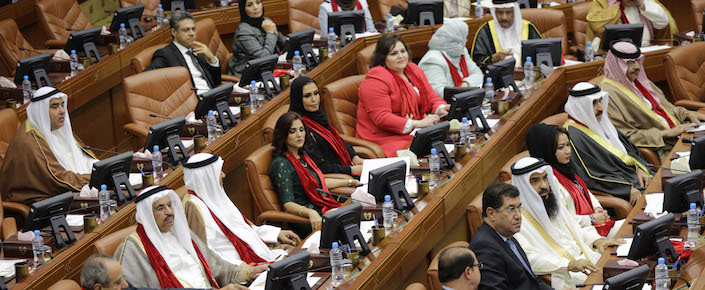
As the Gulf states enter a new era of lower oil prices, Bahrain faces the most difficult test. It has the highest fiscal break-even price in the Gulf and unlike its wealthier neighbors, lacks the reserves to cover budget deficits for very long. Borrowing in the credit market likewise has become more difficult and expensive: In February, Bahrain suffered the ignominious distinction of becoming the first Gulf country to have its credit rating fall below investment grade. Substantial fiscal cutbacks are inevitable.
Significant political resistance to cutbacks in state subsidies and employment would be expected given Bahrain’s distinct history of labor activism and robust political societies. Yet the initial steps taken by the government to ease fiscal hemorrhaging passed without societal backlash. What explains this political quiescence?
The New Era of Economic Austerity
The Bahraini government has joined its Gulf neighbors in slashing popular subsidies in response to low oil prices. Meat subsidies were eliminated in October 2015, and prices have more than doubled in response. The reduction of gas subsidies in January allowed prices to climb by 60 percent. Electricity and water subsidies were scheduled to be phased out in March for large companies, expatriates, and Bahrainis with a second home. Even with the ability to apply for income-based reimbursements from the government, the higher cost of living resulting from these changes will add to household budgetary pressures.
Fiscal deficits will not be met by subsidy cuts alone; government employment and salaries are certain to be affected. In 2015 the government reduced the number of ministries and made plans to merge government departments. The private sector seems an uncertain refuge, as the increasing number of Bahrainis opening small and medium businesses now face higher costs and, for many, lower consumer demand due to the drop in disposable income. The decline in living standards will be felt, especially by the middle class and poor.
Gulf citizens are becoming aware of a new normal as their governments react, seemingly in tandem, to low oil prices with reduced government support. There is even some acceptance, especially among business communities, of the unsustainability of subsidy levels and guaranteed government employment. Still, such moves are not politically popular.
In such times of economic austerity, elected legislative authorities in the Gulf monarchies of Bahrain, Kuwait, and more recently Oman may allow citizens both to vent political frustrations and, potentially, negotiate burden sharing. Yet it is becoming clear that in Bahrain the ruling family-led government is finding little reason to compromise. This is a result of the decline in Bahrain’s political societies as well as parliamentary dynamics.
The Decline of Bahrain’s Political Societies
Five years of political unrest and social polarization have left its mark on Bahrain’s politics. All of the country’s legal political societies (political parties are banned in Bahrain and across the Gulf) have been weakened. The country’s largest political society, the Shia Islamist al-Wefaq, has been sidelined. Its 18 MPs resigned en masse from the 40-member Parliament in reaction to the government’s violent crackdown on the political protests of 2011, and it boycotted the parliamentary elections of 2014. Al-Wefaq’s secretary general, Sheikh Ali Salman, was sentenced to four-years imprisonment in 2015, accused of promoting disobedience and inciting hatred. The weekly street rallies it held to demonstrate its relevance have been banned since Bahrain expanded its terror legislation in 2013 to include a total ban on sit-ins and gatherings in the capital city, Manama. More fundamentally, al-Wefaq faces a crisis of identity. It emerged in an era of political reform, and found its raison d’etre in government engagement. Without any process of negotiation, or government compromise sufficient to bring al-Wefaq back into the political system, its relevance, if not its very existence, is threatened.
The sidelining of al-Wefaq has weakened the opposition coalition. Under the pressure of mounting sectarianism post-2011, the smaller leftist political societies participating in the seven-party opposition coalition – the National Democratic Action Society (Waad), the Communists (al-Minbar al-Taqadumi), and the Baathists (al-Tajamu al-Qomi) – have suffered defections, especially of Sunnis. They now appear to be distancing themselves from al-Wefaq, and are working toward the formation of a new democratic alliance. Yet reduced in rank and deprived of leadership due to arrests, the opposition coalition is struggling to have an impact on the political scene.
Nor did the Sunni Islamist political societies escape the effects of the political turbulence. The leadership of Bahrain’s Muslim Brotherhood and Salafi political societies came under challenge by a new, predominantly Sunni mobilization that emerged in reaction to the mostly Shia political uprising. Yet this new political formation, the Gathering of National Unity, failed to constitute an institutionalized political force, failing to elect a single member in the 2014 parliamentary elections.
The Muslim Brotherhood has seen its political space narrowed in line with the general Gulf turn against the movement since the Arab Spring. Its government ministers were replaced, and an unfavorable government-mandated reorganization of electoral districts reduced its parliamentary representation in the 2014 elections to one seat. The Salafi political societies have fared better and maintain a minister and a small parliamentary coalition built around its two members and affiliated independents. Still there is no denying the general decline in Bahrain’s once influential Islamist political societies, both Shia and Sunni. A crop of new independents has taken their place.
An Inexperienced Parliament
The 2014 parliamentary elections took place under a continued electoral boycott by the opposition, and new districting that disadvantaged the once influential Sunni Islamic societies. The elections also revealed a level of public frustration with the political class. An incredible three quarters of the MPs elected were first-time officeholders, overwhelmingly pro-government independents.
The mostly loyalist Parliament has been unable to stop the removal of subsidies despite the general unpopularity of these policies with the Bahraini public. The Parliament opposed subsidy cuts within the 2015-16 state budget, and impelled the government to consult with it on such plans. Yet after a month of negotiation with lawmakers on the removal of meat subsidies, the executive moved ahead despite legislative disgruntlement. A parliamentary committee was supposed to discuss the gas subsidies as well, but the executive unilaterally – if constitutionally – hiked prices with less than a day’s notice. The elimination of subsidies on electricity and water were similarly eliminated by fiat overnight negating a previous agreement with the Parliament to hold off until 2017.
The inexperience and lack of cohesion within the Parliament was on display in its management of the government-imposed gas hike. The public reaction was very negative, and pressure built on lawmakers to openly interpellate the Ministers of Finance and Energy using enhanced powers of oversight granted the Parliament in constitutional amendments implemented in 2012 as a result of the National Dialogue process. Yet the measure failed due to the Parliament’s alteration of its internal rules raising the bar to allow parliamentary questioning of ministers from 50 to 75 percent support of the chamber. Angry constituents took to social media and several were pursued by the General Secretariat of the Council of Representatives, which brought forth a defamation suit against them on behalf of the Parliament. This prompted a rare joint statement from 11 of Bahrain’s political societies condemning the action.
A Fractured Labor Movement
The inclusion of trade unions represented by the General Federation of Bahrain Trade Unions was one of the more meaningful reforms implemented by King Hamad bin Isa al-Khalifa in the early 2000s. Since 2011, however, the government has weakened the labor federation, which was perceived as partisan after it coordinated strikes in 2011 along with the Bahraini opposition. A royal decree issued in 2011 opened the door to the establishment of multiple federations, and resulted in the creation of the Bahrain Free Labor Unions Federation. The new federation is noteworthy for the high percentage of foreign workers admitted in its membership, which appears in line with a general policy of empowering foreign labor.
Labor laws in Bahrain are written in ways that make it hard for unions to resist expected cutbacks in public sector employment and salaries. Public sector employees may not create unions; while they may join private sector unions, those unions cannot bargain on their behalf. Moreover, labor strikes are prohibited in 10 vital sectors in Bahrain, including oil and gas. Thus it would not be possible for Bahraini workers to undertake labor action such as that being pursued in the critical oil sector in Kuwait today.
Security and Resignation Reign
The disputes within Parliament do not resonate for many members of Bahraini society, where politics have become something distasteful. The association of politics with the political uprising that shook the island country in February 2011 has led many Bahrainis, especially within the Sunni community, to equate dissent with disloyalty. This inclination has been used to great effect by the executive in Bahrain, which has directed the frustration over the austerity programs linked to the economic downturn toward the Parliament.
For the Bahrainis who supported the uprising, the Parliament is likewise irrelevant. The government’s security and legal tactics, including the use of citizenship revocation, has sharply curtailed the once daily protests. But with no dialogue to speak of between the government and the opposition, politics remain frozen. Economically, Shia communities will bear a disproportionate cost of the belt tightening due to the preferential treatment shown to Sunnis in the security sector, and – anecdotally – for government contracts. Bahrainis may become more competitive in the private sector, though, as wages for foreign labor rise to offset the subsidy cuts and fees borne disproportionately by foreigners.
The Bahrain government may be pleased thus far with its political management of difficult steps toward austerity. But the financial and political risks remain high. Just last week the Terrorism and Political Violence Map issued by the global insurance conglomerate Aon ranked Bahrain’s risk highest in the Gulf Cooperation Council alongside Saudi Arabia. Sporadic improvised bomb attacks such as one that took place in a Shia village last week are reminiscent of the low-grade civil unrest and bomb attacks that occurred during the last oil downturn in the mid-1990s. The government’s connection of such attacks to Iranian attempts to foment unrest in Bahrain increase its room for maneuver with the public. But this history also highlights the dangers of the political stagnation and fatalism prevailing among political societies in the kingdom today. Intoned one political activist, “Everyone feels helpless, like it’s out of our hands.”
The views represented herein are the author's or speaker's own and do not necessarily reflect the views of AGSI, its staff, or its board of directors.


